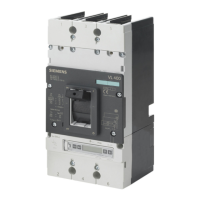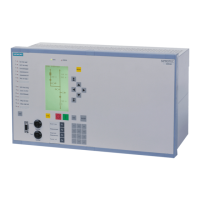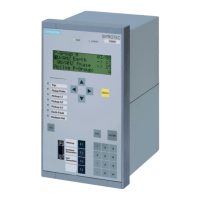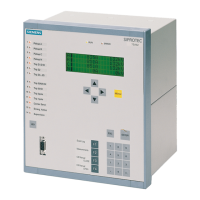Service and maintenance
11.2 Troubleshooting
3VL molded-case circuit breakers
System Manual, 03/2009, 110 0110 - 02 DS 01
143
11.2 Troubleshooting
Notes on troubleshooting
Table 11- 1 Troubleshooting
Circuit breaker status Causes of faults Corrective action
The circuit breaker is functioning correctly and switches off an overload
that occurs. Check to see if the operating current has exceeded the
thermal tripping limit.
Excessive current
Carry out a visual inspection of the terminals. Discoloration indicates
the terminals are loose. The proper torque values for the terminals are
listed in the operating manual supplied with every circuit breaker. See
also the figures in the Chapters Multiple feed-in terminal for round
cables, and Box terminals
Connecting cable not
correctly connected to the
circuit breaker
Carry out a visual inspection of the terminals for discoloration. Cables
can become loose during service due to various reasons such as
vibration (machine tool applications) and cold flow (for aluminum
cables)
Ambient temperature too
high
This can be a problem on hot summer days or in areas subject to
extreme heat. Although all SENTRON VL circuit breakers are
calibrated for application at an ambient temperature of 50 °C, the
temperatures in the housings can exceed this level. It may be
necessary to consider derating the I
n
or
IR
values. See the Chapters
Use in harsh environments, and Derating factors
Overload causes
circuit breaker to trip:
Overcurrent trip unit not
correctly connected to the
circuit breaker.
If none of the above suggestions apply, the overcurrent trip unit must
be removed from the circuit breaker and inspected for discoloration.
The tightening torque values are listed in the operating manual
supplied with every circuit breaker.
Excessive making
current, e.g. motor
Adjust the magnetic trip rating to the next highest setting or until the
circuit breaker does not trip when the motor is started.
Short-circuit causes
circuit breaker to trip:
High current peaks, e.g.
when changing from star
to delta in star-delta
starters.
A current peak of up to 20 times the nominal current of the motor can
occur when changing from star to delta. In this case, the short-circuit
release "I" must be set to a higher value. However, this may result in
the loss of the desired higher motor protection function.
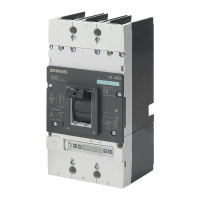
